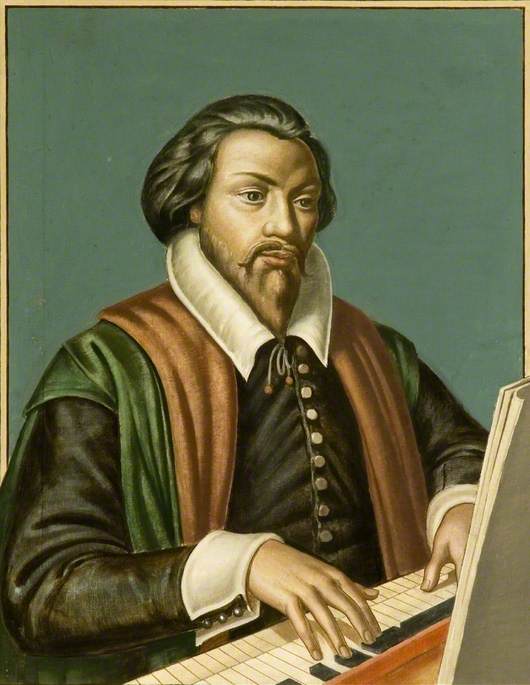William Byrd
Ave verum corpus natus De Maria Virgine, Vere passum, immolatus In cruce pro homine:
Cuius latus perforatum Unda fluxit et sanguine, Esto nobis praegustatum In mortis examine.
O dulcis, O pie, O Jesu Fili Mariae; Miserere mei. Amen.
Hail the true body, born of the Virgin Mary: You who truly suffered and were sacrificed on the cross for the sake of man.
From whose pierced flank flowed water and blood: Be a foretaste for us in the trial of death.
O sweet, O merciful, O Jesus, Son of Mary; Have mercy on me. Amen.

- William Byrd (c. 1540 – 4 July 1623)


